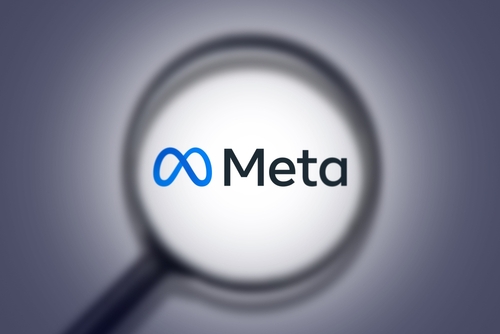Meta Sparks Controversy with Workforce Cuts and Policy Changes
Meta, the tech conglomerate behind Facebook, Instagram, and WhatsApp, has ignited widespread debate with its recent announcement to cut 5% of its workforce. This decision, targeting what the company labels as its “lowest performers,” could affect approximately 3,600 employees out of its total workforce of 72,000 as of September. The affected positions are expected to be refilled later this year, but the layoffs mark yet another chapter in a turbulent era for the company under CEO Mark Zuckerberg’s leadership.
The announcement comes at a time when Meta has been navigating a sea of controversies, driven by drastic policy changes and significant organizational restructuring. These workforce cuts are only the latest in a series of layoffs since the pandemic, including the termination of 11,000 employees in November 2022 and subsequent rounds of reductions throughout 2023. Critics argue that these frequent layoffs reflect deeper systemic issues within the company and raise concerns about its long-term strategy and employee morale.
Sweeping Policy Changes Spark Outrage
The workforce reduction is not the only decision drawing criticism. In the same week, Meta announced the termination of its third-party fact-checking program in the United States. This program had been a cornerstone of Meta’s efforts to combat misinformation, a critical issue in today’s media landscape. The company also revised its hateful conduct policies, making controversial changes that now permit language referring to "women as household objects or property" and derogatory terms for "transgender or non-binary individuals."
These policy changes have been condemned by advocacy groups, civil rights organizations, and even some of Meta’s employees. Critics claim these decisions undermine years of progress in creating safer online spaces and reflect a pivot towards appeasing conservative audiences.
Adding to the controversy is the appointment of a prominent Republican as Meta’s new top policy executive, a move interpreted by many as an attempt to align with the incoming administration of President-elect Trump. Observers point out that these shifts, including the cancellation of diversity, equity, and inclusion (DEI) programs just days prior, appear to be politically motivated.
Zuckerberg Defends the Changes
In a recent appearance on Joe Rogan’s podcast, Zuckerberg defended the sweeping changes, claiming that excessive content moderation and fact-checking initiatives had “destroyed trust” among users. He argued that the restructuring was essential to restore faith in Meta’s platforms and ensure their relevance in an increasingly competitive tech landscape.
Zuckerberg also hinted at the financial pressures Meta has been facing. The company has seen a decline in advertising revenue as economic uncertainties and competition from platforms like TikTok continue to challenge its dominance. By cutting costs and focusing on its core operations, Zuckerberg hopes to steer Meta towards a more sustainable future.
Related: Meta’s Content Moderation Overhaul: A Bold Move with Broad Implications
Related: Nick Clegg Resigns from Meta: A Pivotal Moment for Big Tech and Politics
A Pattern of Controversy
Meta’s decision to slash its workforce and overhaul its policies fits a broader pattern of controversial moves by the company. Over the past few years, Meta has faced scrutiny over its handling of user data, its role in spreading misinformation, and its alleged prioritization of profits over social responsibility. These issues have eroded trust among users, regulators, and even employees.
The layoffs and policy changes, while framed as a response to financial pressures, are being viewed by many as part of a larger strategy to gain favor with the incoming Trump administration. Reports suggest that Meta founder Mark Zuckerberg has developed a closer relationship with Donald Trump, even contributing millions to his re-election campaign. This growing alliance has raised questions about Meta’s commitment to maintaining a neutral stance in political matters.
The Future of Meta
As Meta continues to face backlash, the company’s future remains uncertain. While some view the workforce cuts and policy changes as necessary steps to streamline operations and rebuild trust, others see them as short-sighted moves that could further alienate users and employees.
Meta’s reputation has already taken significant hits in recent years due to scandals and controversies. Whether these changes will help the company regain its footing or push it further into the mire of public distrust remains to be seen.
With approximately 3,600 jobs on the line and key programs like fact-checking and DEI initiatives abandoned, Meta appears to be prioritizing profitability and political alignment over its previous commitments to ethical responsibility and inclusivity. As the company moves forward, its ability to navigate these challenges while preserving its core values will determine its place in the evolving tech landscape.









